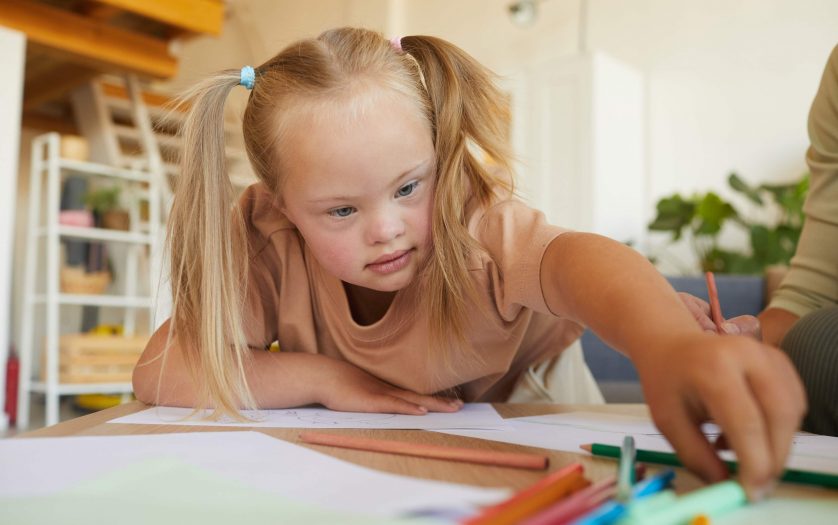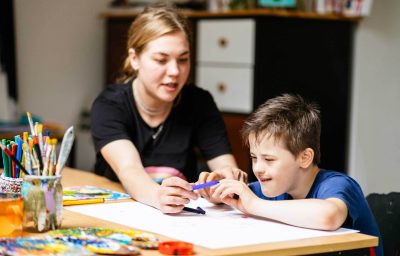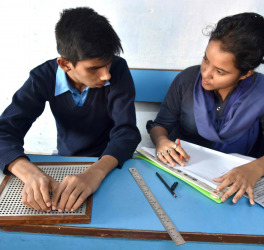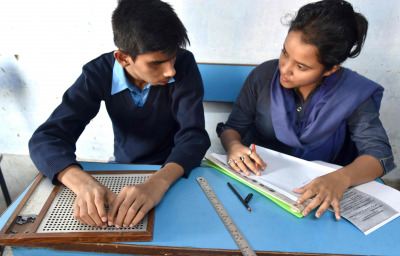
Texas public school students with severe cognitive disabilities receive up to 1,500 for personalized services outside of the classroom to address educational programs suffered during the coronavirus pandemic.
The Texas Education Agency and Gov. Greg Abbott announced the Supplementary Special Education Services program’s creation, which will provide up to $1,500 to families of children with severe cognitive disabilities to get supplemental education services, including tutoring, therapy, or digital resources. Abbott allocates $30 million for the Governor’s Emergency Education Relief Fund effort, part of the federal CARES Act.
Through this funding source, Texas families can purchase supplemental supports such as tutoring, therapy, and digital resources through vendors approved and vetted by TEA. The purchased services are intended to be supplementary. They do not remove responsibility from Texas public school systems to provide the educational services outlined in each eligible student’s Admission, Review, and Dismissal (ARD) plan.
Families of students enrolled in public school during the 2020-2021 school year that were enrolled during the initial COVID-19 closures in Spring 2020 and have been identified as having a low incidence disability will qualify.
Abbott said the program aims to improve students with disabilities and build on the services students already are receiving in school.
“This program is a win for Texas families and children with special education needs, many of whom have endured education disruptions due to COVID-19,” said Governor Abbott.
“Education is vital to the future of every Texas child, and every student is entitled to a high-quality education. The SSES program further advances Texas’ mission to improve outcomes for students with disabilities. This innovative initiative builds on the services that students are already receiving at school, and provides additional resources and support at a pivotal moment in the lives of Texas families and their children.”






